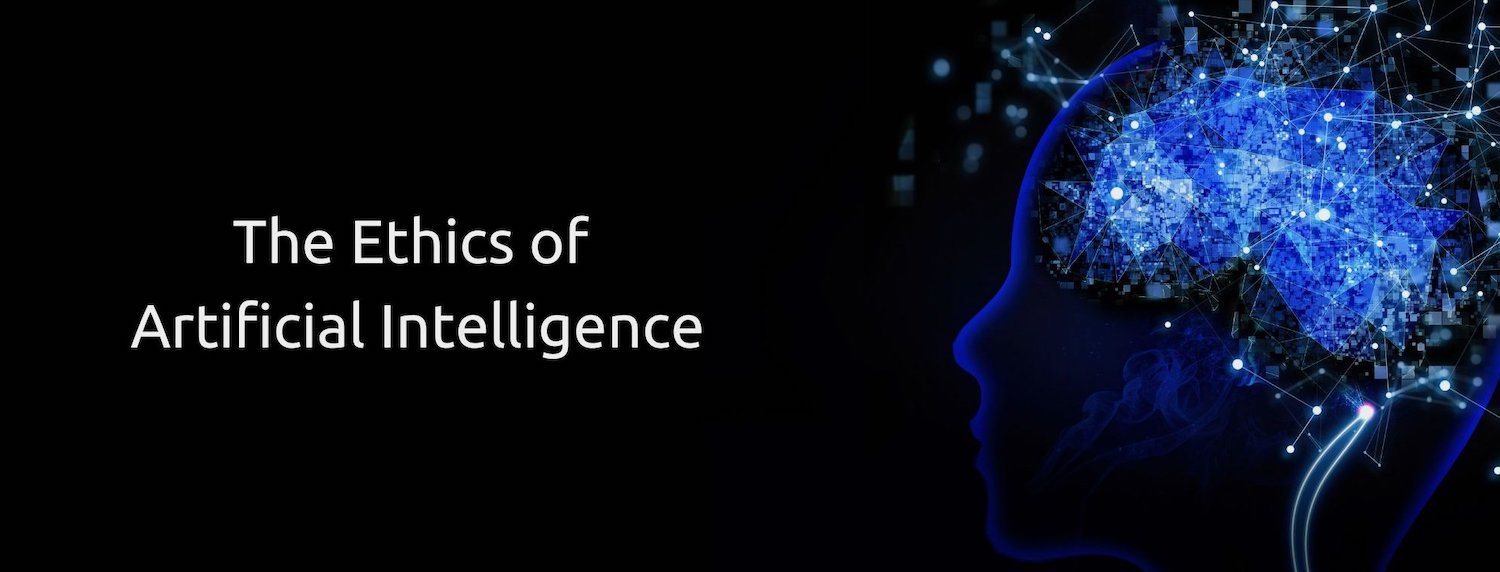AI Ethics and Policing
AI ethics is a discipline which examines the ethical ramifications and responsibilities associated with artificial intelligence (AI) technologies. This field seeks to ensure that AI systems are designed and used in ways which respect human values, rights, dignity, transparency, fairness, accountability, privacy, safety and security measures as well as human oversight. Its key principles aim to prevent bias and discrimination, protect personal data and making AI systems transparent, accountable and safe.
In this section we examine policing’s current and future use of AI through an ethical lense. Unsurprisingly, this topic raises multiple considerations. To prevent unfair treatment of individuals or groups for instance, AI tools should be thoroughly scrutinized for any possible biases that might exist in predictive policing algorithms or facial recognition systems. Furthermore, there should be transparency and accountability regarding AI use by the police - with clear policies and oversight mechanisms. And, any surveillance and data analysis using AI must respect privacy rights while adhering to legal standards.
Ensuring human oversight in AI-assisted policing is crucially important since human judgment remains key in making decisions with empathy and respect for individual rights. For example, AI usage should only be employed where proportionate or necessary and any excessive or intrusive measures should be avoided. These subjective determinations must be made by humans. Adherence to AI ethics principles allows policing to use these technologies responsibly to enhance police effectiveness, empathy and a sense of justice. In this way policing can uphold its broader ethical standards and maintain the public trust and confidence.

Why AI Ethics in Policing Matter
The ethics by which police officers swear to abide, serve as the foundation for the more specific ethical framework necessary for the responsible use of AI by the police. An AI-specific ethical framework is important because it addresses the complex moral and ethical questions raised by rapidly evolving AI. As artificial intelligence technologies become ever-more integrated into policing and the broader criminal justice system – it is vital to ensure these technologies are designed and utilized in ways which respect human rights while remaining ethical and fair.

